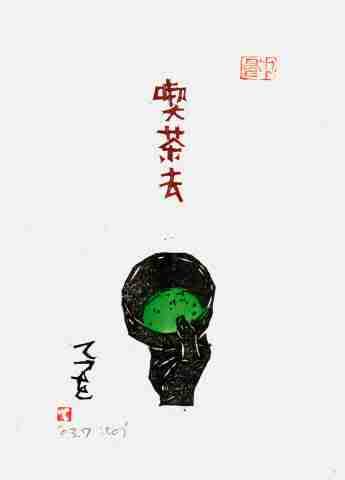Psychological Aspects of the Way of Tea: "Japan Studies Association Journal, Vol. 2, pp.29-36.
Psychological Aspects of the Way of Tea
Sheila Fling
Southwest Texas State University
The Japanese 'way of tea' (chado) has historical roots from the twelfth century and has been practiced by millions in essentially the same form since the sixteenth century, yet its many psychological aspects have received scant analysis. A 400-year-old practice, to which there seems nothing truly similar in all the world, yet which has now captivated followers in at least 23 other countries, seems worthy of examination from a psychological perspective.
This article provides a cursory overview of possible motivations for entering the way of tea, its four major psychospiritual principles, several of its aesthetic values, the training process, the experience itself, and its alleged benefits. Because of the very syncretic and holistic nature of the way of tea, the use of the perspectives of transpersonal psychology and health psychology seem most appropriate although behavioral, cognitive, and humanistic-existential psychology will also be applied.
What is it that brings one to study on ones knees for hours at a time for a lifetime, learning more than 200 different detailed procedures for preparing and"
Psychological Aspects of the Way of Tea: "Japan Studies Association Journal, Vol. 2, pp.29-36.

Monday, April 9, 2007
Subscribe to:
Post Comments (Atom)
No comments:
Post a Comment